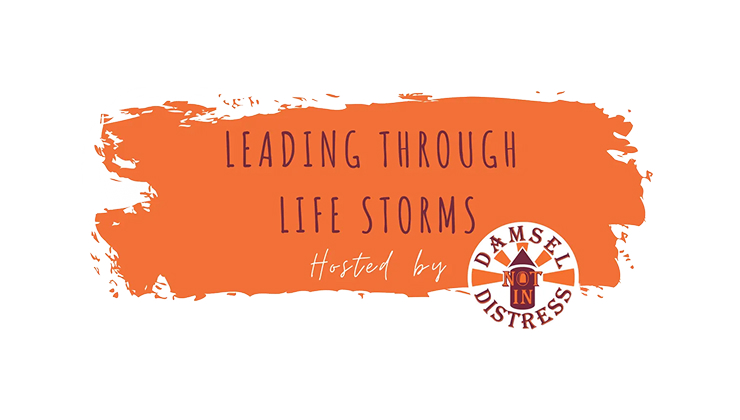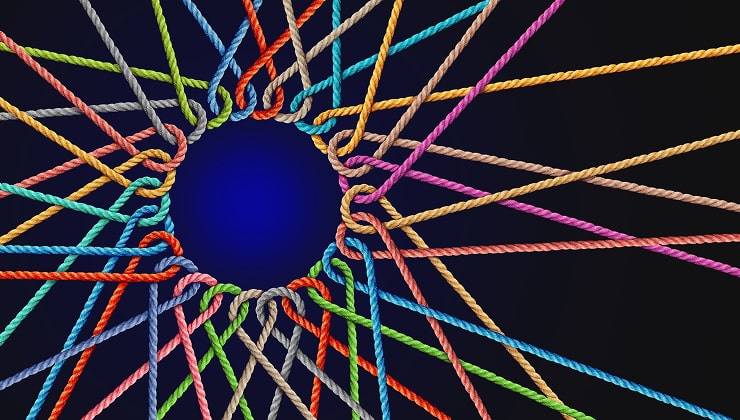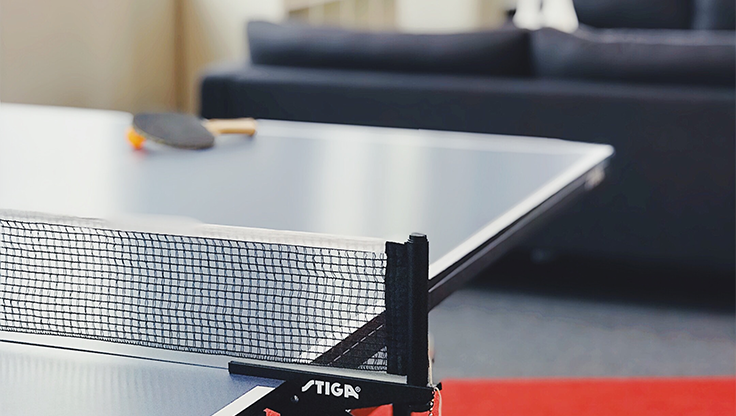
Do you plan into your day your time on social media?
Are you conscious of the information you are taking in and the impact it is having on you?
Our relentless love affair with our social media channels can have a significant impact on our mental health. In fact, according to the Royal Society for Public Health, it is one of the most common sources of mental health triggers. It can feed anxiety and feelings of inadequacy; make us compare and have unrealistic expectations for ourselves; and is linked to poor sleep.
Recent research has highlighted that we are losing our capacity and capability to focus and pay attention to the things that matter. Think about it. How often do you find you start doing something and in a short space of time your mind has wandered, possibly triggered by an alert that you have a message, an email, a new piece of distraction? This trend, the lack of focus is partly fueled by the need for information, updates now. We flit from one post to another, one story to another, without a pause.
In this blog post, we will discuss how to protect your mental health and improve your relationship with social media.
The first thing to recognise is that we are becoming hooked into the steady feed that supports our curiosity by only showing stuff we’ve already shown interest in. What makes this tricky is that we have come to accept that this is normal. In other words, the algorithms determine what pops up in our feeds, it’s rarely us making a discerning choice.
How might this impact our mental health? We don’t expand our horizons or perspectives as we are “fed” content the algorithm believes we want to see. We can get overwhelmed by a constant feed of news, often which only confirms data we’ve already read. If its bad news, then that can also hook our attachment to the negative. Once hooked and feeling the fear, it becomes harder to regroup and start living in the moment, the here and now.
People who take time out to do a digital detox, report that it can take a while before the brain can start to function in the way it is beautifully designed to do. Given the space, our brains can go deep and reach understanding rather than skim along the surface hoping to grab a soundbite of what is going on. Without taking time to calibrate what we are reading, seeing, or hearing, we can make quick judgements based on incomplete data.
A concerning pattern is among younger people in the age range of 16 – 24. Until we are in our 20s and 30s our brain is not fully developed. It is important that we form the patterns and connections that will serve us well into adulthood. The downsides of social media may not be truly understood until this age group are well into their later adult years with deeply ingrained poor quality thinking habits.
Despite all the opportunities to “connect” via social media, so many in this demographic in a recent study, reported how isolation and loneliness were a cause for their distress. Stigma was leaving them unable to get appropriate help when it was needed most. Loneliness is not the only cause of suicide however there are links between that and suicide.
A meaningful conversation where someone listens without judgement is invaluable. It’s worth knowing who in your network can be a go-to person to connect with when it matters. Remember too that it works both ways.
It must be said here that social media also provides a good source of information that can improve young people’s access to expert advice. There are groups online that can also bring a sense of connection and emotional support.
What is important is that we are discerning about how we utilize the tools social media provide us with rather than have them control us.
How can you improve your relationship with social media?
- Find out how much time you are spending and on what channels. Track how you feel during and after a stint. Ask yourself what else could I have done in that time? How much in control do I feel about how I engage on social media?
- Social media can often display an unrealistic view of people’s lifestyles, only sharing the ‘high’ moments, as if only seen through rose-tinted glasses. Ask yourself how would you know if this is a realistic view of a person’s lifestyle? Are the images photoshopped? How would you know?
- Take regular breaks from social media. Like any addiction, it is worth establishing if you have become caught up in the deliberate ploy to get you hooked. Are you able to switch off your phone? Can you buy an alarm clock that isn’t attached to your phone so you can ditch the phone when you go to bed? Start your day without social media and see what happens to your productivity.
- It’s easy to lose track of time when scrolling through social media! Set a time for engagement and stick to it. You can turn off notifications during the day.
On Instagram, you can now set in-app timers which prompt you to take breaks after a certain amount of time. To set these up go to your profile and select the three lines in the top right. From here select ‘Your Activity. Then in the ‘Time’ tab, under the ‘Manage Your Time’ heading, tap ‘Set daily time limit’ (iPhone) or ‘Set Daily Reminder’ (Android).
Be mindful of the type of content consumed. Can you recall what you have seen during your time on social media or is it all a blur? How has your engagement with it enhanced your mental health?
Aim to follow accounts that make you feel good and unfollow those who don’t!
For example, you could mute any accounts that post negative content or unfollow them altogether if they are not important to you. You might also consider making it a point to only engage with posts that have been liked or shared by others who share your values and interests.
Step away from the screen
Often, it’s easy to scroll through social media to have a ‘quick break’. However, this could be doing more harm than good. Instead, stop and take a proper break. Such as stretching, going for a walk, or even having a cup of tea. Step away from the screen and detach yourself from the digital world. There is a health benefit to this.
Your mental health is really important and there are lots of ways to help yourself.
Do you want to learn more about mental health awareness?
We offer many courses and events to educate what mental health is and how to challenge stigma. For example, our mental health awareness course covers introductions to some common mental health issues; confidence to support someone who may be experiencing mental ill-health; ways to look after your own mental health and support wellbeing.
If you’d like to learn more or even book onto an upcoming course or event, get in touch!




